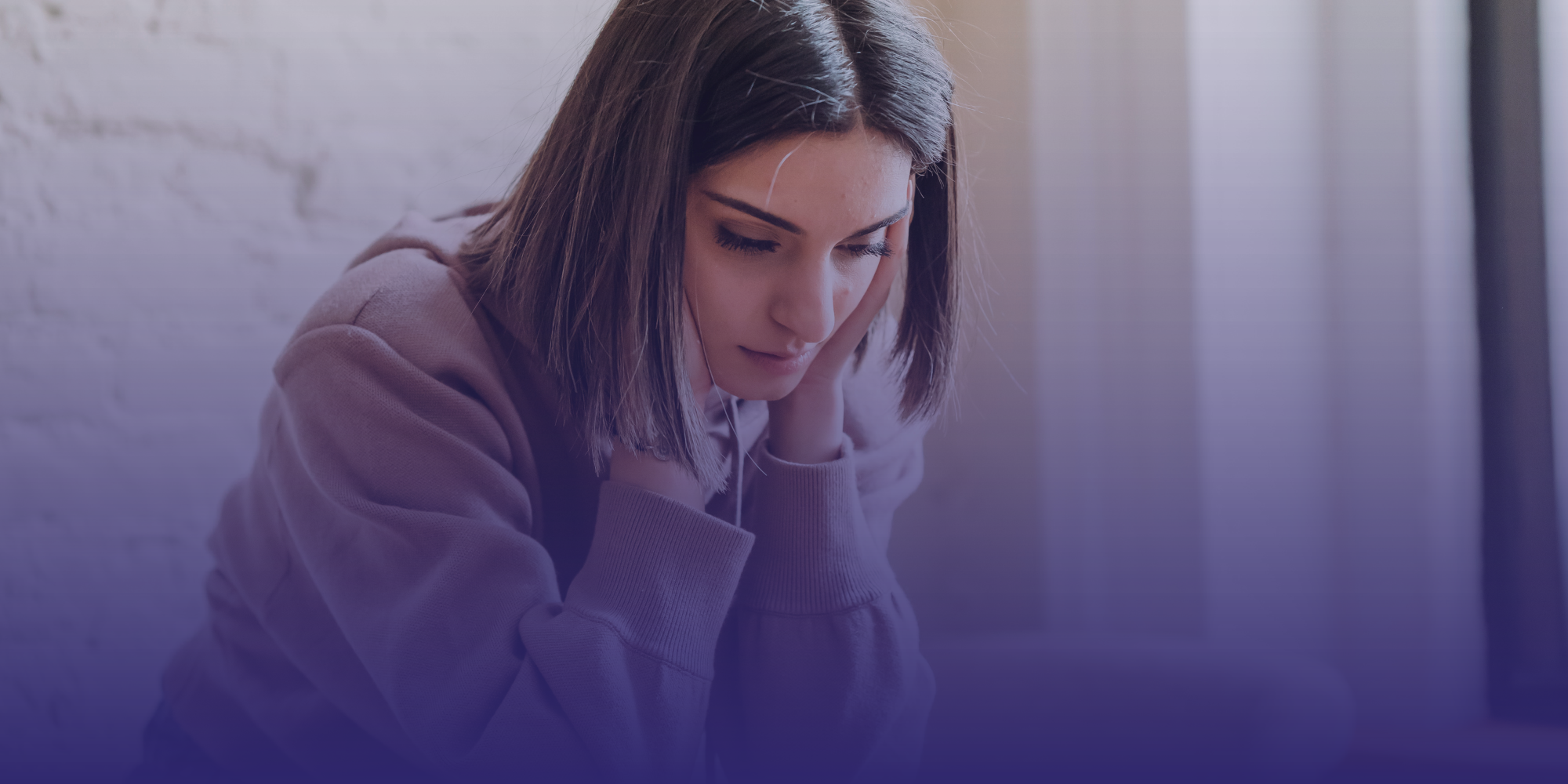There is a bad habit that I believe has become an epidemic impacting many women I know, especially the really nice ones. But be warned, unlike most epidemics, you will not receive any public announcements about this one. It is stealth. The kind that sneaks up and grabs you before you can defend against it.
The upside is that it is not invisible. It shows up when we are aware. It reveals itself when we are exhausted, or let down, again.
We see it when we treat ourselves well enough, for long enough, to remember that we matter. We see it in the fleeting moments when self-love shows up.
It is the epidemic of self-neglect, low prioritization of self. Last-ness. And it kills your spirit, your trust, and your joy.
If you want to guarantee that you are on the bottom of everyone’s list, including your own, here is one way to assure that you elevate last-ness to an art form in your life:
Underestimate the stronghold that guilt has on your decision-making process.
For some of us, guilt makes the world go ‘round. We learn it young and it is reinforced at every turn. When your little sister cried when she couldn’t play with your doll – again - and you were told to give it to her so that she wouldn’t be upset, you learned to be responsible for someone else’s feelings. And worse, you learned how guilt is the perfect reason to sacrifice what you want – even if what you want is fair - so that someone else can be ok.
Now don’t get me wrong, collaboration, cooperation, sharing, compassion are all important and good. But guilty decision-making isn’t quite the same thing. When we give without (really) thinking because we are swept up in an undercurrent of unarticulated responsibility. When we feel we should make it right for them, regardless of what it means for us, we have lost ourselves.
Guilt is tricky.
It feels like an obligation you can't explain. It's heavy and nebulous. It can live in your heart or in that place in your throat that you feel tighten when you want to cry but can't quite get to it.
It lives in our minds. It feeds the fear that someone won't like us. That somehow, someone somewhere will be disappointed because we didn't do enough. That we are at risk of failing.
Guilt is hard to feel until we slow down long enough to feel it. It requires quiet and openness to ourselves and what's really there. It requires that we forgive ourselves in advance of our own personal attacks.
But when we listen, really listen, guilt will stand up and raise its hand so that we know it’s there.
For a week, each time you take on more work, before you take the burnt piece of chicken, before you turn down help, or say “it’s ok” when it’s not – pause. Breathe deeply. Ask guilt to show itself and explain to you why it’s here.
Then release it – before you decide.
What did guilt reveal to you? I'd love to know.
